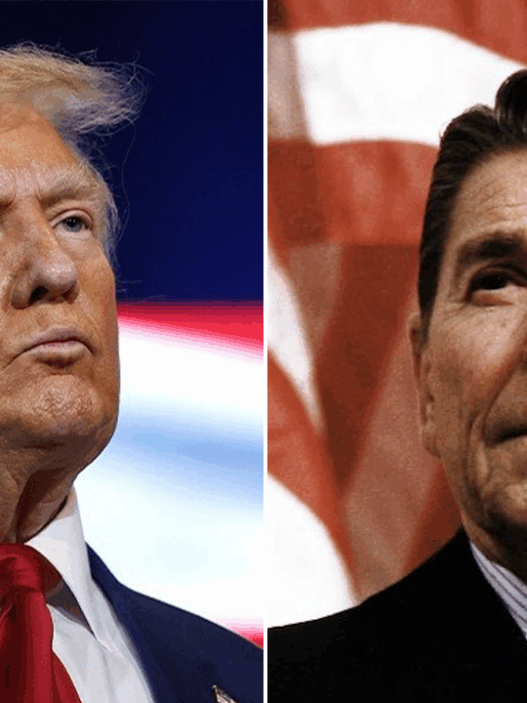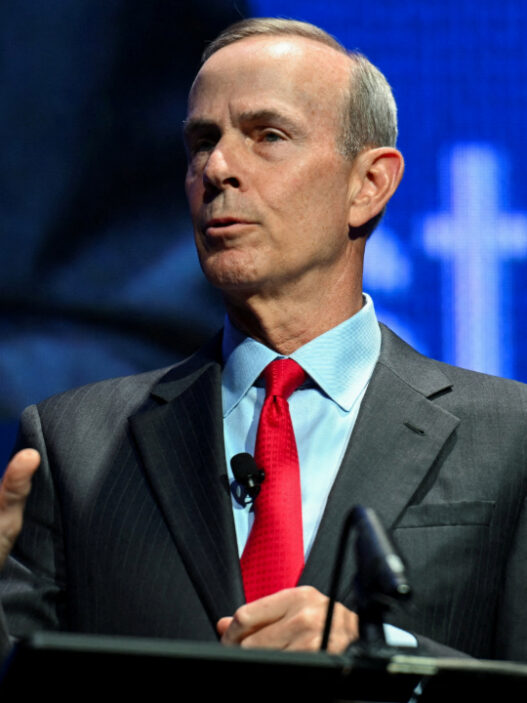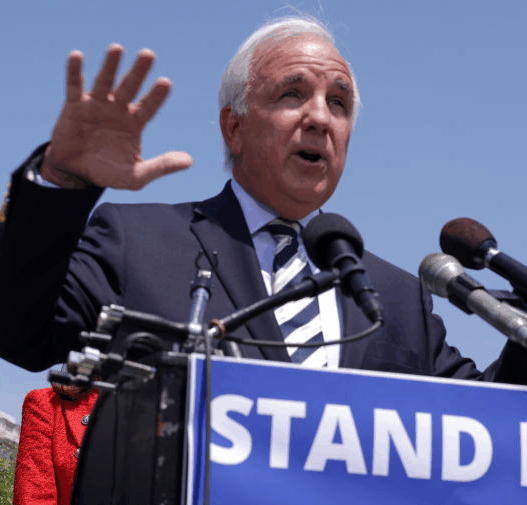General Motors CEO Mary Barra is voicing support for the Trump administration’s automotive tariffs, arguing they allow U.S. automakers to compete more fairly in the international market.
“For decades now, it has not been a level playing field for U.S. automakers globally with either tariffs or non-tariff trade barriers,” Barra, chair and CEO of General Motors, said at The Wall Street Journal’s Future of Everything conference Wednesday.
“I think tariffs are one tool that the administration can use to level the playing field.”
On Thursday, a federal appeals court made the decision to allow U.S. President Donald Trump’s tariffs to remain in effect temporarily. In response to Trump’s 25% tariff on all imported automobiles and automobile parts, General Motors is continuing to take steps to strengthen its North American manufacturing.
TRUMP TARIFFS FACE LEGAL BATTLE AS FEDERAL APPEALS COURT TEMPORARILY BLOCKS TRADE RULING
“We already were on a process to have more resiliency in this country, and we’re just going to continue on that as we move forward,” Barra told “The Claman Countdown” Thursday.
GM TO POUR $888M INTO BUILDING NEW V-8 ENGINE IN NEW YORK
General Motors, headquartered in Detroit, forecast earlier this month a hit of up to $5 billion in 2025 from the auto tariffs. However, Barra said the company is working to leverage some excess capacity it has in the U.S., including through an $888 million investment at a New York propulsion plant to create a next-generation V-8 engine.
“We’re investing in this country, and we’re making those decisions as we go,” she said. “Just under $900 million. [It’s] the most significant engine investment we’ve made in history.”
GM CEO BREAKS SILENCE OVER TARIFF PRESSURE AND WHAT IT MEANS FOR YOUR WALLET
Over the last five years, after the COVID-19 pandemic and the subsequent global semiconductor shortage, the multinational automaker has also moved more than 25% of its supply chain to the U.S. Fewer than 3% of the automaker’s direct parts now come from China, she said.
Earlier this month, GM also made the move to stop exporting some vehicles to China from the U.S.
“There’s still more deals to do, so we’re waiting for that,” she said. “But there are certain moves that we’re already making to strengthen our North American manufacturing, because we can do that with the clarity we already have.”
However, as General Motors increases its U.S. investment, Barra is not making any promises when it comes to vehicle pricing for consumers. Pricing has always been dynamic, with new features and options constantly emerging, she said.
GET FOX BUSINESS ON THE GO BY CLICKING HERE
“I’m saying it’s a dynamic situation, and we’re going even before the word tariff was something we talked about a lot,” Barra said. “We’re going to work to make sure we remain competitive, but I’m very pleased that the strength of our products (is) driving consumer interest.”























